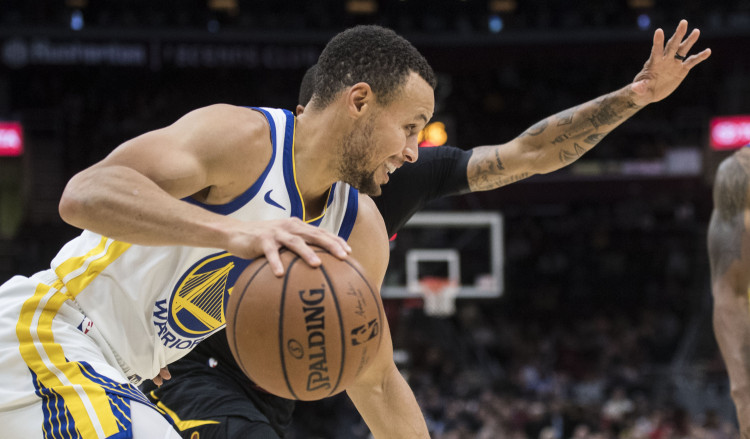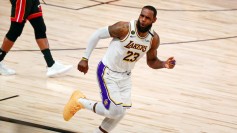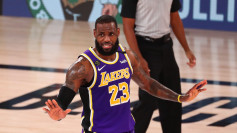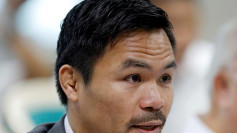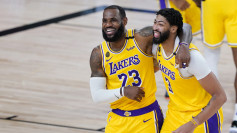One may not it but Stephen Curry reportedly said he does believe not believe in US moon landings. He has been known for taking the long-distance shots and this one might be the farthest out there.
The NBA superstar just said he does not believe the U.S. was able to land on the moon, FOX NEWS reported. The Golden State Warriors' guard gave these comments to "Winging It" podcast, where he made an appearance. According to the earlier mentioned source, Curry questioned one of the hosts if he believed the U.S. landed on the moon. Unfortunately, the host said no and while Curry agreed, he explained he did not want to "start conspiracies."
It can be recalled that there has been a lot of evidence to the contrary and the conspiracy theorists were able to claim for years that man did not actually walk on the moon. Some even said that the landings reports were not true. Conspiracy theories have continued to emerge since man first walked on the moon on July 20, 1969. With this, the world was informed Neil Armstrong and Buzz Aldrin became the first men to ever set foot on the lunar surface.
Meanwhile, a Russian mission to the moon was proposed and apparently, a task to verify that the American moon landings were actually real is set to be included, a top Russian space official joked last month. A little later, another host said, "Do the research on Stanley Kubrick." This pertains to a story involving NASA hiring the famous director (Kubrick) to stage and film the Apollo and 12 moon landings. However, there is not a single evidence for this theory, according to previous reports.
When NASA heard Curry's doubts, the star point guard has been invited to tour their lab. NASA landed on the moon six times between years 1969 to 1972 and is the only space agency to accomplish a manned moon mission.
"We would love for Mr. Curry to tour the lunar lab at our Johnson Space Center in Houston, perhaps the next time the Warriors are in town to play the Rockets. We have hundreds of pounds of moon rocks stored there and the Apollo mission control. During his visit, he can see firsthand what we did 50 years ago, as well as what we're doing now to go back to the moon in the coming years, but this time to stay," said Allard Beutel, a NASA spokesman.
